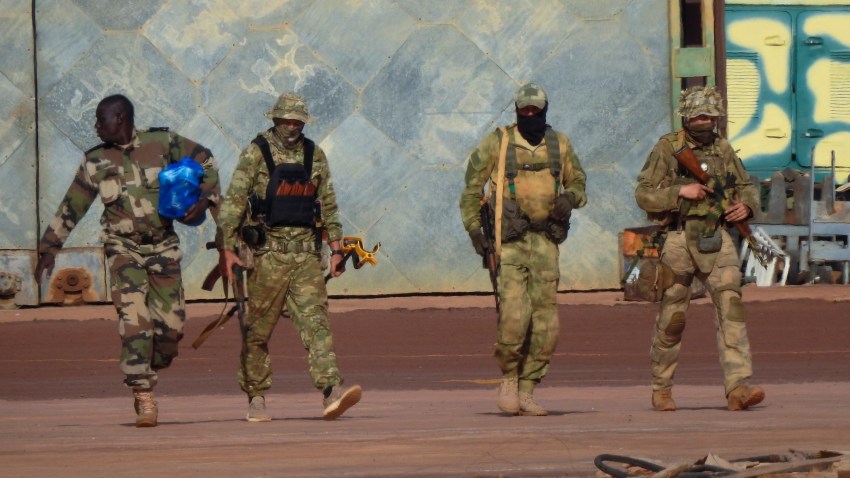For all the drama of the failed rebellion by Yevgeny Prigozhin and his Wagner Group forces in late June, the private military company’s operations in Africa appear to be business as usual for now. Earlier reports of Wagner fighters leaving the Central African Republic have now been contradicted by coverage of them deploying a new rotation of forces there. Given the shadowy nature of Wagner’s presence and the evolving fallout from its mutiny, the truth will be hard to ascertain with certainty.
Either way, the departure of some personnel from CAR or elsewhere in Africa doesn’t mean Wagner is done on the continent, where the enterprise still provides significant value to Russian President Vladimir Putin. Moreover, even if Wagner ends up becoming a problem that solves itself, the Kremlin is still interested in empowering private military and security companies to further its interests abroad, and it will be for the foreseeable future.
The looming questions are therefore how Prigozhin’s mutiny will influence Putin’s willingness to grant future mercenary outfits any real autonomy and what fallout, if any, the mutiny will create for Wagner’s operations in Africa. In either case, U.S. and European policymakers should focus on making Wagner unviable should it try to regroup from the debacle back home, while building an approach to do the same when Russia tries again with other outfits.

